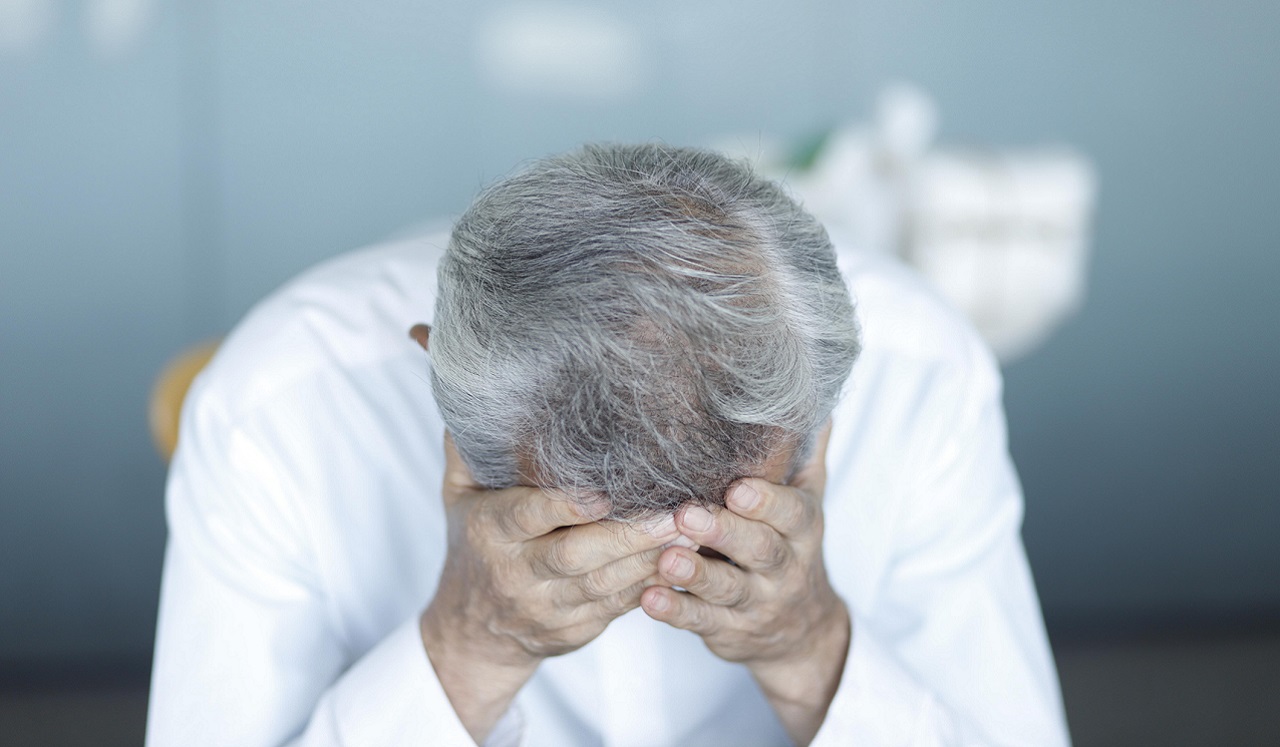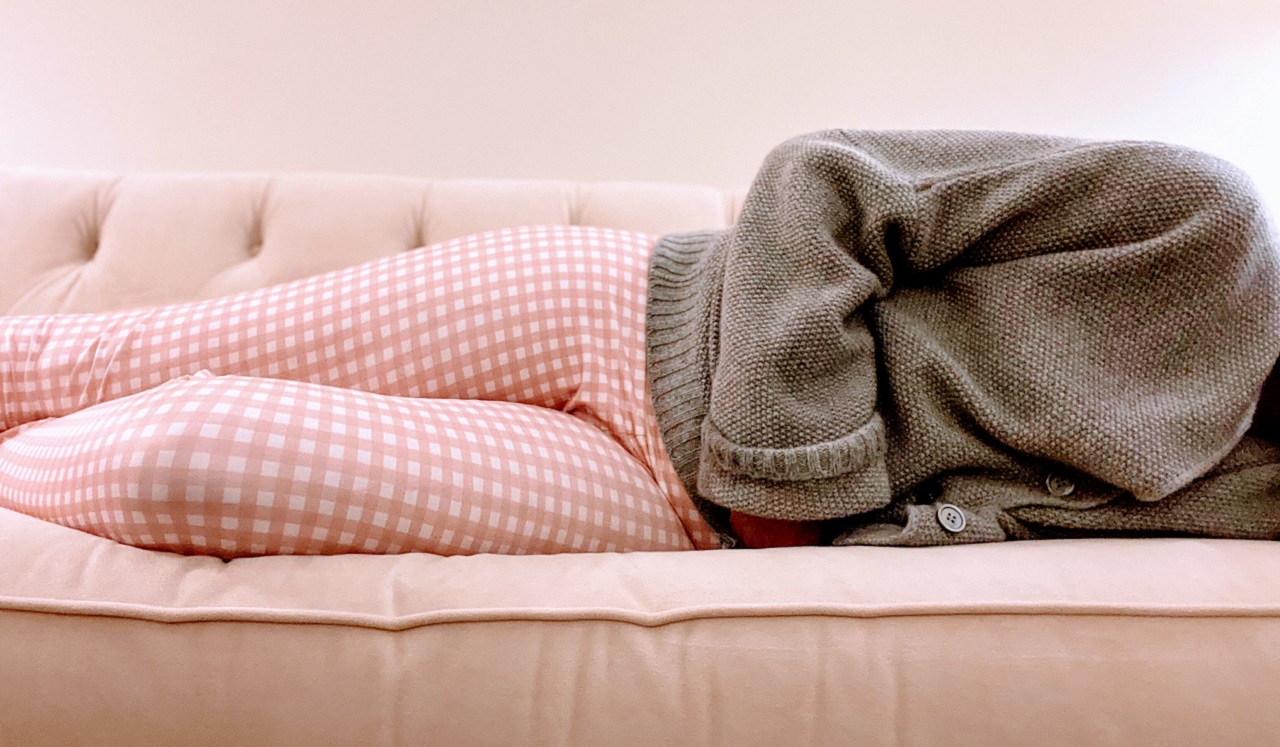If the pandemic—and related fears—have impacted your mental and physical health, you’re not alone. In fact, it’s normal.
Stress sparks our body’s internal defense system—our fight-or-flight response. Muscles tense and our pulse races. Although we feel it, we can’t see what is happening within us: a chemical cascade of cortisol, adrenaline, epinephrine and norepinephrine.
“Short-term stress is a good thing, and usually doesn’t have long-term consequences,” says Zhaleh Amini-Vaughan, MD, family medicine physician at Memorial Hermann Medical Group Sterling Ridge who is affiliated with Memorial Hermann The Woodlands Medical Center. “But chronic stress affects the whole body, raising your risk of disease and earlier death. That’s the crux of the matter.”
Presented with a constant sense of danger, our bodies turn against themselves. The pro-inflammatory response that used to step in to fight minor infections ramps up, treating minor skirmishes as if they were death threats. It’s a vicious cycle with no winners.
Here are indicators that stress is affecting your body—with tips from Dr. Amini-Vaughan on how to negotiate a healthy cease-fire.
Your Gut
What: Diarrhea, cramps, constipation, irritable bowel syndrome, colitis, Crohn’s Disease and other gastrointestinal woes can make you question your diet (and perhaps they should).
Why: Stress rouses cytokines, which are proteins within the immune system. They send in a massive army of pro-inflammatories that attack food particles and your gastrointestinal lining’s mucosa. Without that coating, acid erodes the esophagus and stomach.
The Fix: Fruit and vegetables are once again heroes, as are probiotics or good-guy germs. These guard our gut and restore balance via live bacterial strains in yogurt, sauerkraut, pickles, tempeh, kefir (a form of fermented milk) and kombucha (fermented black tea). Not helpful: expired foods lingering in your fridge.
Learn more about our digestive services »
Your Heart
What: Chest pain may be an alarm that your heart isn’t working well or it may be heartburn, when acid reflux rises from your stomach to your throat.
Why: Being constantly armed for battle is overkill: Both epinephrine and norepinephrine harm your heart by constricting blood vessels while spiking blood pressure and blood sugar as well as invading the body with blood-clotting protein fibrinogen and pro-inflammatory markers. They also summon blood fats, which further harden vessels, stoking stroke and cardiovascular disease.
The Fix: Chest pain should never be ignored. If you feel like an elephant is sitting on your chest, or you are in so much pain that you break out in sweat and struggle to breathe, head to the emergency room. While extreme anxiety can cause a panic attack, which mimics a heart attack, you also may be suffering a heart attack, which needs prompt medical care, Dr. Amini-Vaughan says.
Your Psyche and Sleep
What: You sleep poorly and try to tamp down a sense of powerlessness, fear and rage in the face of a global bully. You’re more likely to turn to food, cigarettes or substance abuse to cope.
Why: You fret that those you love may fall ill, even die. Also, being cut off from friends and relatives while cooped up with your restless kids and a possibly irritable partner further fuels anxiety, loneliness, hopelessness, gloom—and, yes, boredom. And the news doesn’t help.
The Fix: Curb your exposure to media and bliss out by spiking your feel-good hormones via workouts, phone calls and virtual visits with loved ones.
If you’re having trouble sleeping, try calming music, meditation or try relaxing progressively, in which you clench and unclench muscles moving from head to toe. Cut out caffeine, alcohol and late meals.
If you’re struggling with a lack of control, try organizing a closet or tackling a project that will give you a sense of accomplishment. And if that’s not enough, many behavioral therapists will see patients online.
Learn more about our heart and vascular services »
Your Diet
What: You binge—mindlessly or otherwise—on cookies, cake and chips.
Why: We crave sugar and fat because “your body wants to feel better,” she says. Those foods trigger —all too briefly—the body’s natural bliss-boosting hormones of serotonin, norepinephrine and dopamine, as well as pain-relieving endorphins to flood the brain’s reward pathways.
The Fix: “Prioritize your health,” Dr. Amini--Vaughan says. That includes watching funny videos, since laughter releases oxytocin, another feel-good hormone. Exercise also hikes serotonin and dopamine—and it has another perk. By burning calories, it helps you lose pounds, battling another stressor: weight gain.
Your Head and Jaw
What: Horrific headaches hit near the hinge of the jaw and skull. The jaw also can make a clicking sound, generally while you’re eating.
Why: Gritting teeth during the day or at night can cause tenderness of the temporomandibular joint, the hinge of the jaw and skull. Stress also can transform your lower back or neck and shoulders into a vise. Invisible is the irritation within of blood vessels and the lining of the brain.
The Fix: Your doctor may prescribe pain relievers, muscle relaxants, antidepressants or applying ice or heat. He or she also may refer you to a dentist, who can create a mouth guard to cushion clenching. Corticosteroid injections into the joint may relieve pain and inflammation. Surgery is the last resort.
Your Skin
What: Zits, psoriasis and dermatitis erupt on your skin, your body’s largest organ.
Why: “Stress doesn’t cause acne and other skin conditions. It worsens them,” Dr. Amini-Vaughan says. Blame cortisol and other stress hormones, which ignite inflammation.
The Fix: Don’t pick at your zits, no matter how tempting. “That just introduces bacteria, which worsens acne,” she says.
We’re living in challenging times. Stay up-to-date on all-things COVID—and get tips on how to cope with our new normal—by visiting our resource center.
The information in this article was accurate as of July 9, 2020.


